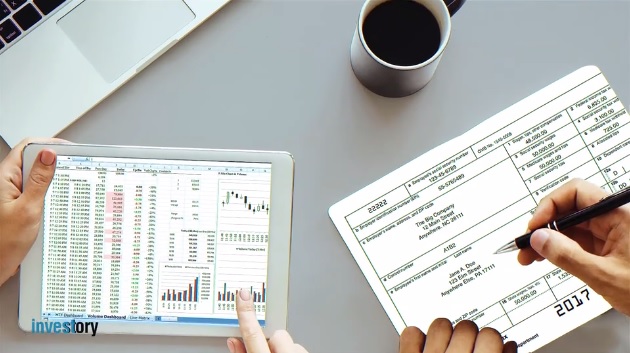Cryptocurrencies are becoming more popular by the day. Besides buying and selling with digital currency, some people are even starting to pay their employees with it. As a result, the Internal Revenue Service recently announced their tax treatment of digital currency transactions. So, how exactly do they tax it?
Bitcoin is the most known cryptocurrency out there, but Ethereum, Litecoin, and other competitors are not far behind. Now, we’re seeing more people get to this technology and start to use it in their daily lives. But just because this is a digital currency doesn’t make it immune from tax implications. Thankfully, the IRS has all the answers to some common cryptocurrency curiosities. Here are ten tax tips for you to explore. Keep in mind, these rules only apply to the U.S.A.
Tax Tips for Bitcoin, Ethereum, and Litecoin 1: Taxes on BTC for Goods and Services
If you’re an employer who pays with cryptocurrency, then you must report your employee earnings to the IRS on W2 forms. It's just like you would do with conventional currency. Just make sure you convert the Bitcoin value to USD as of the date you make each payment and keep clean records.
Tax Tips for Bitcoin, Ethereum, and Litecoin 2: Always Report Earnings in Dollars
If you’re an employee, you, too, must report your total wages in dollars, even if you earned it in something like Bitcoin. Furthermore, self-employed individuals with BTC gains or losses from certain transactions must convert the digital currency to dollars on the day they earned it, then report those numbers on their tax returns.
Tax Tips for Bitcoin, Ethereum, and Litecoin 3: BTC Held as Capital are Taxed as Property
Let’s say you hold Bitcoins as a capital asset. If so, you need to treat them as a property for tax purposes.
Tax Tips for Bitcoin, Ethereum, and Litecoin 4: BTC As Stocks Or Bonds
If you hold your bitcoins in a capital asset (i.e. stocks or bonds), then any gains or losses from the sale of the asset is taxed as a capital loss or gain.
Tax Tips for Bitcoin, Ethereum, and Litecoin 5: Using Retirement Funds for BTC Investment
Keep in mind that if you want to use retirement funds to invest in cryptocurrencies. Then you might be able to avoid paying a capital gains tax. Now that we’ve covered some of the general rules for taxes on Bitcoin, let’s branch off a bit and see how taxes affect all the BTC miners of the world in Part 2. Even if you’re not a Bitcoin miner, it’s worth a read. There are some nice tax secrets that could help you in your investing strategy.





